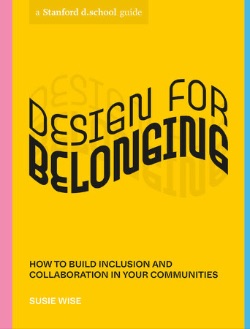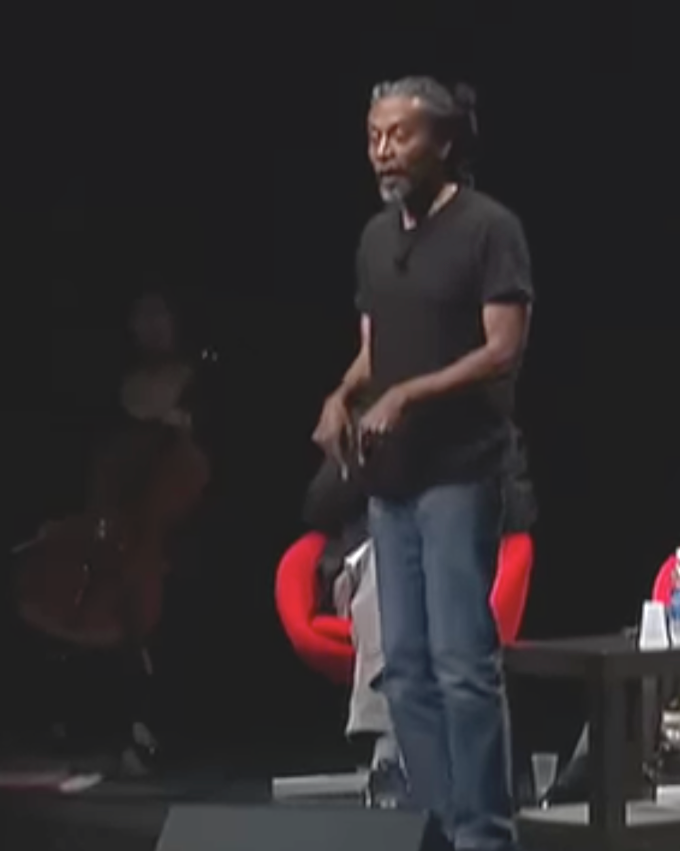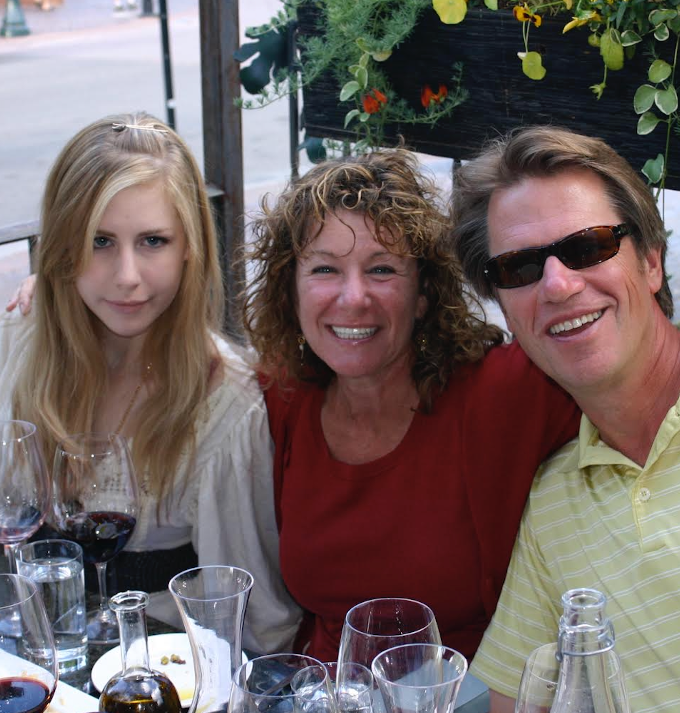September 19, 2025
Learning
Yes, we are still on a trajectory of overshooting and potential collapse, but...

Gaya Herrington asks an existential question: "Now that humankind has reached global, unparalleled power, 'Limits to Growth' confronts us with a question we’ve never faced before: Who do we want to be, and what world do we want to live in?"
In 1972, a team of MIT scientists used systems modeling to explore the future of industrial civilization. Their report, The Limits to Growth—commissioned by the Club of Rome—warned that without radical change, society would reach its limits and collapse within the 21st century.
In 2021, Dutch sustainability researcher and systems analyst Gaya Herrington compared the report’s original projections with recent data on population, industrial output, resources, pollution, and food. Her findings showed that global trends still track the report’s “business-as-usual” scenario, which predicted a halt in growth and declines in well-being by the mid-21st century if no major policy changes occurred.
In a 2024 TED Talk, Herrington noted that despite vast knowledge and innovation, humanity still struggles with poverty and pollution. She linked these challenges to an economic system driven by growth for its own sake rather than well-being, equity, or ecological care.
Her proposal is a shift to a new mantra for the 21st century: “enough.” This means both setting limits to growth and sharing resources more fairly—“enough for each.” She describes a “well-being economy” that prioritizes meeting everyone’s basic needs within planetary boundaries.
She does point to experiments such as well-being government partnerships, shorter workweeks, universal basic income pilots, and regenerative business models as evidence that a post-growth society is both possible and promising. Her call for a new narrative—one of interdependence and shared purpose, rather than separation and selfishness—will be familiar to readers of this letter.
"Decentering growth doesn’t mean shrinking the economy until it crashes. It means reducing our environmental impact to within a safe operating space for life as we know it. That's not going back to a poorer past. That's changing the forward direction away from a cliff. We'll still have houses with fridges, good schools, health care, profitable businesses. We'll go to jobs and parties. But social norms and economic dynamics will change. We'll redefine what has value or what work we call productive. With our needs securely met, this trade-off between social and environmental benefits, which we often take as given, dissolves."
TED TALK: Will the end of economic growth come by design — or disaster?
ARTICLE: MIT Predicted in 1972 That Society Will Collapse This Century. New Research Shows We’re on Schedule




